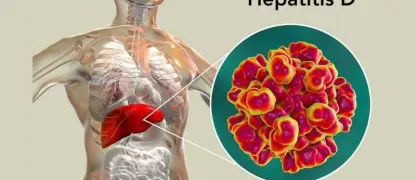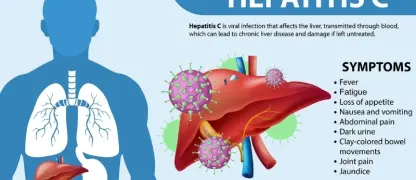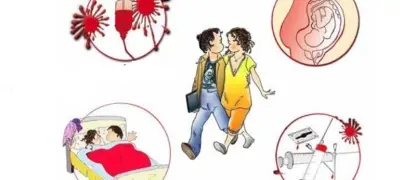Hepatitis B is a serious liver infection caused by the Hepatitis B virus. Understanding its symptoms, transmission, and prevention can help protect your health and well-being.
What are the main causes of Hepatitis B?
- Hepatitis B is primarily caused by the Hepatitis B virus transmitted through infected blood, sexual contact, or from mother to child during childbirth.
- Sharing needles, syringes, or other personal items contaminated with infected blood can lead to the spread of Hepatitis B.
- Unsafe medical procedures, including unsterilized equipment, can increase the risk of contracting Hepatitis B in clinical settings.
Key symptoms of Hepatitis B to watch for
- Fatigue, weakness, and loss of appetite are common early signs indicating possible Hepatitis B infection.
- Yellowing of the skin and eyes, known as jaundice, is a noticeable symptom of liver inflammation caused by Hepatitis B.
- Dark-colored urine and pale stools may appear due to liver dysfunction linked to Hepatitis B infection.
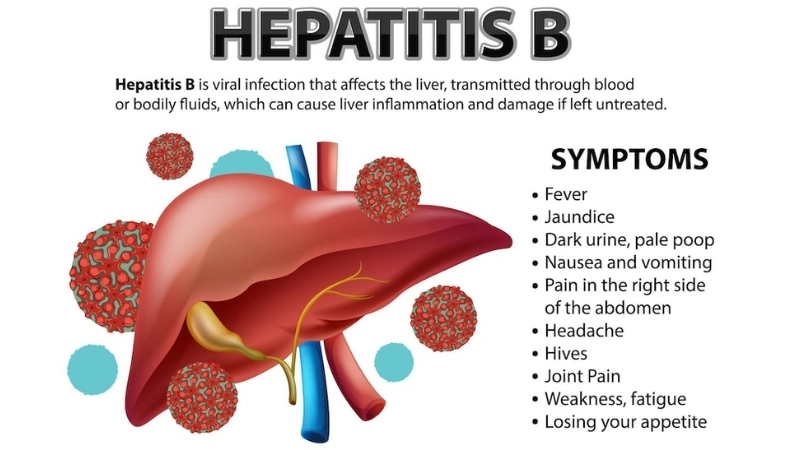
>>>Refer to more: Understanding Human Immunodeficiency Virus Infection / AIDS
How can you prevent Hepatitis B effectively?
- Vaccination is the most effective way to prevent Hepatitis B and should be administered according to recommended schedules.
- Avoid sharing needles, razors, or toothbrushes and ensure safe practices during sexual activity to reduce infection risk.
- Ensure all medical procedures, including tattooing or piercings, use sterilized equipment to prevent exposure to the virus.
>>>Refer to more: Key facts about Brazilian Hemorrhagic Fever you should know
Image description of Hepatitis B
Hepatitis B is a viral liver infection that can cause chronic liver disease, including cirrhosis and liver cancer. Early detection and vaccination are key to protection.
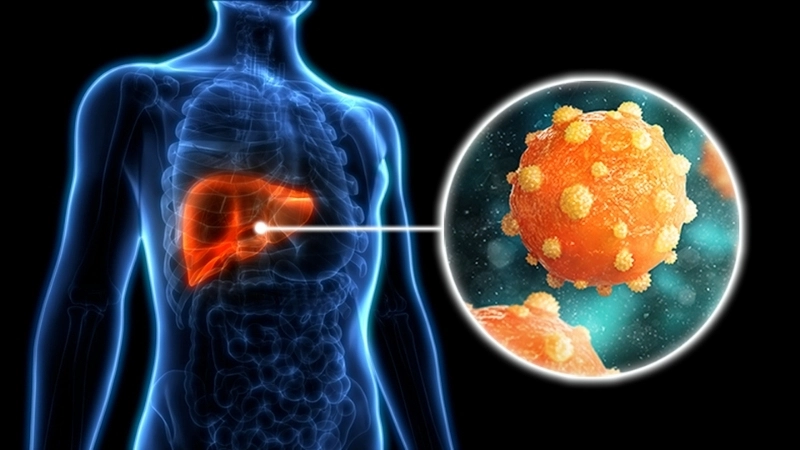

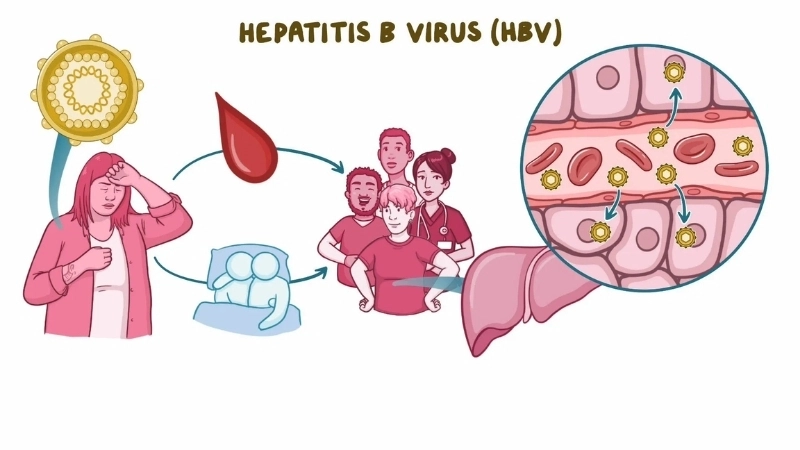
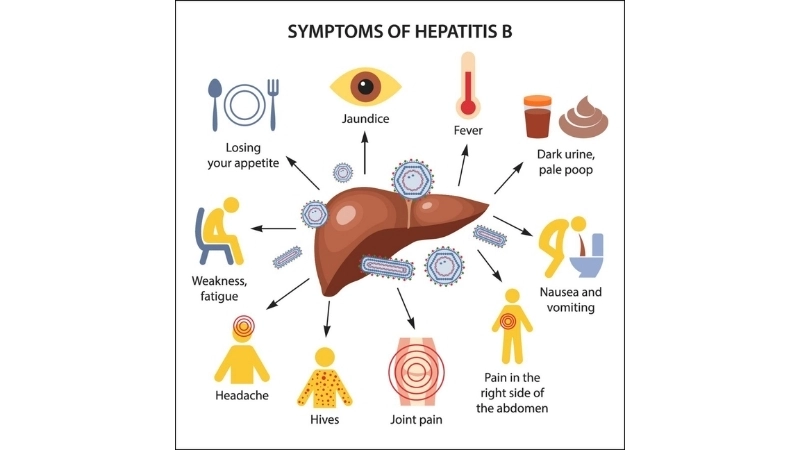
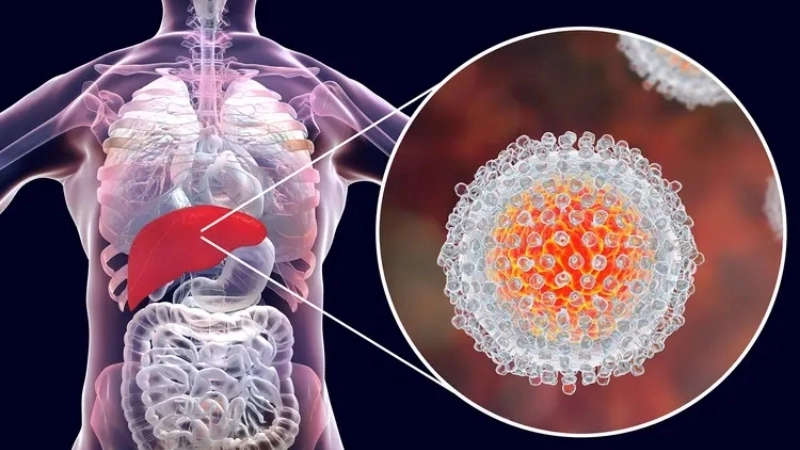
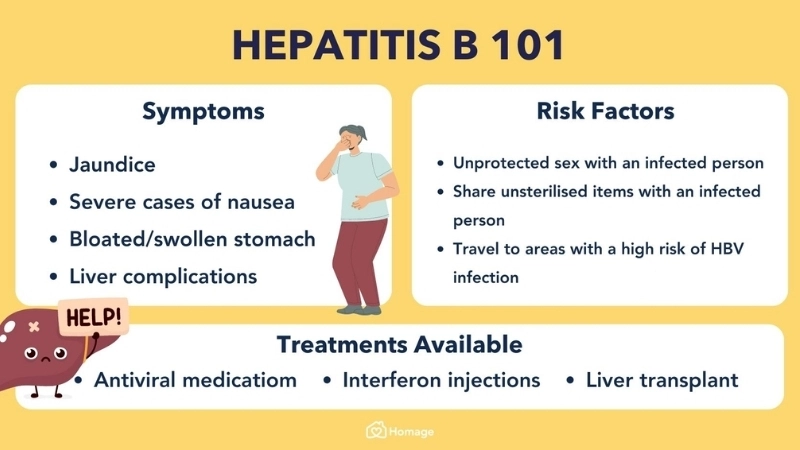
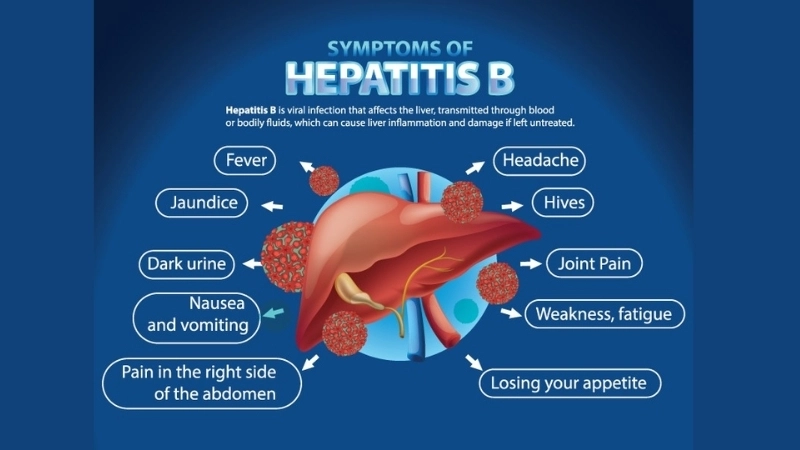
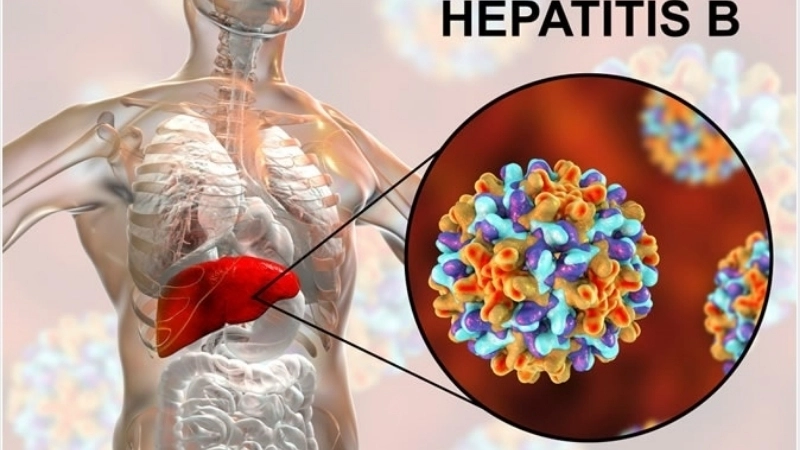
>>>Refer to more: Understanding venezuelan hemorrhagic fever and risks
By staying informed about Hepatitis B, seeking vaccination, and following medical advice, you can reduce risks and manage your health effectively for a safer future.



